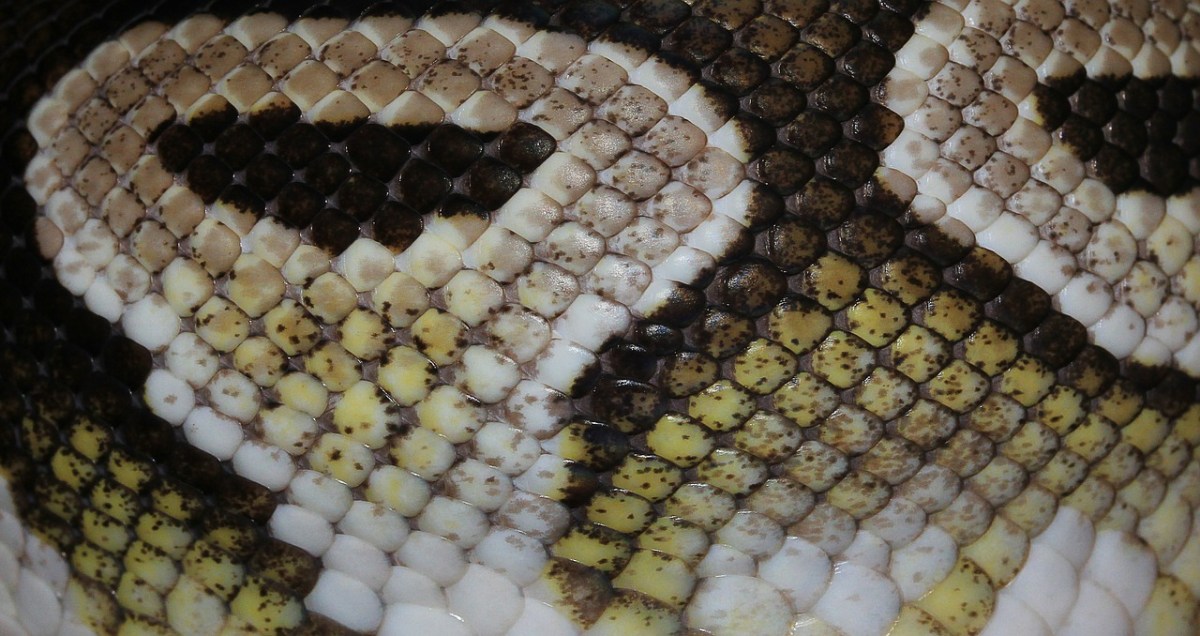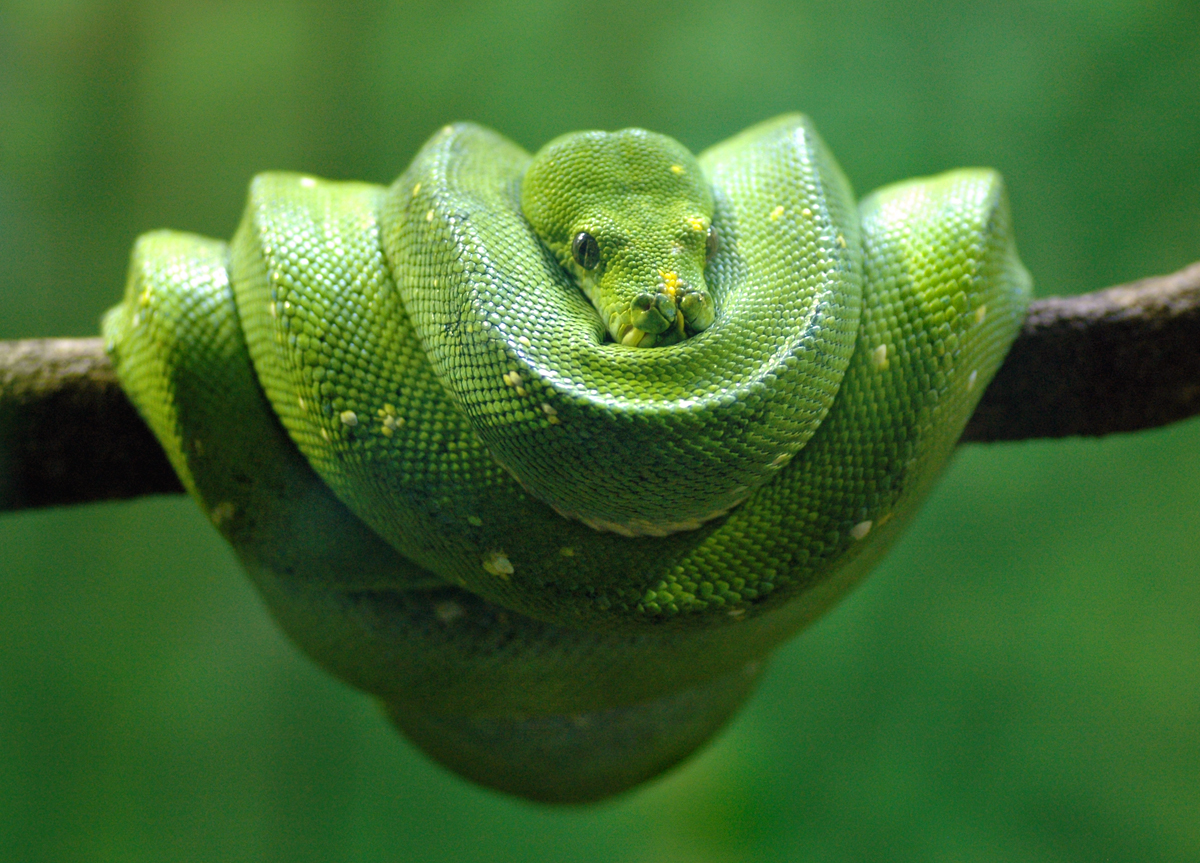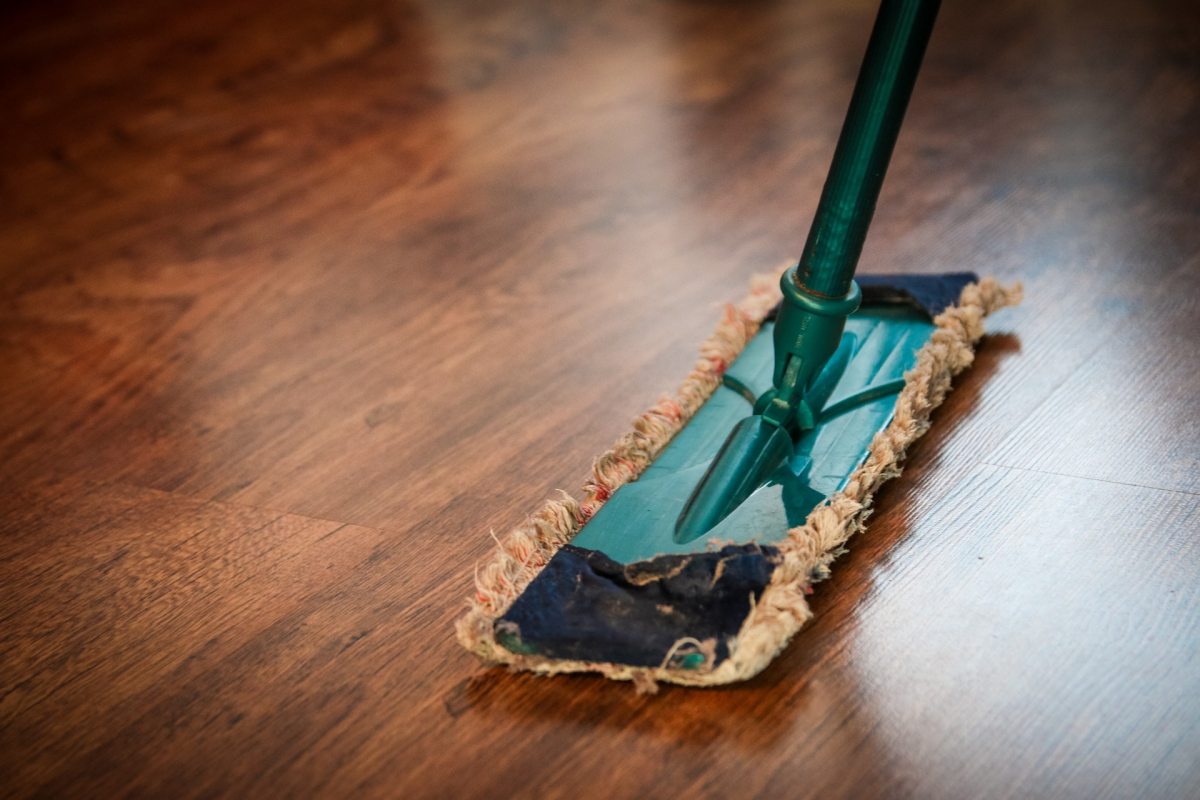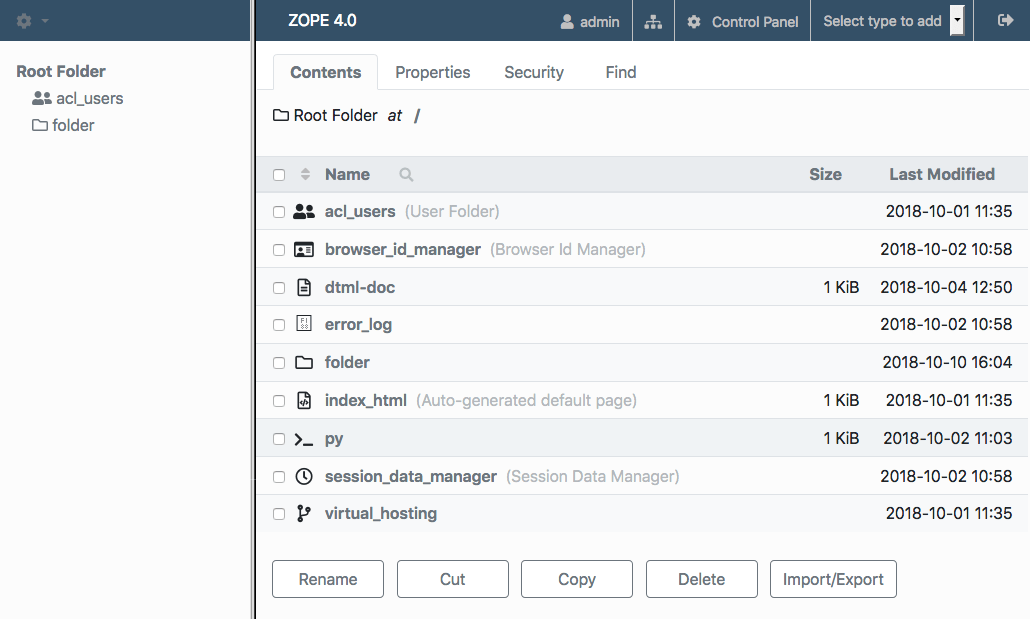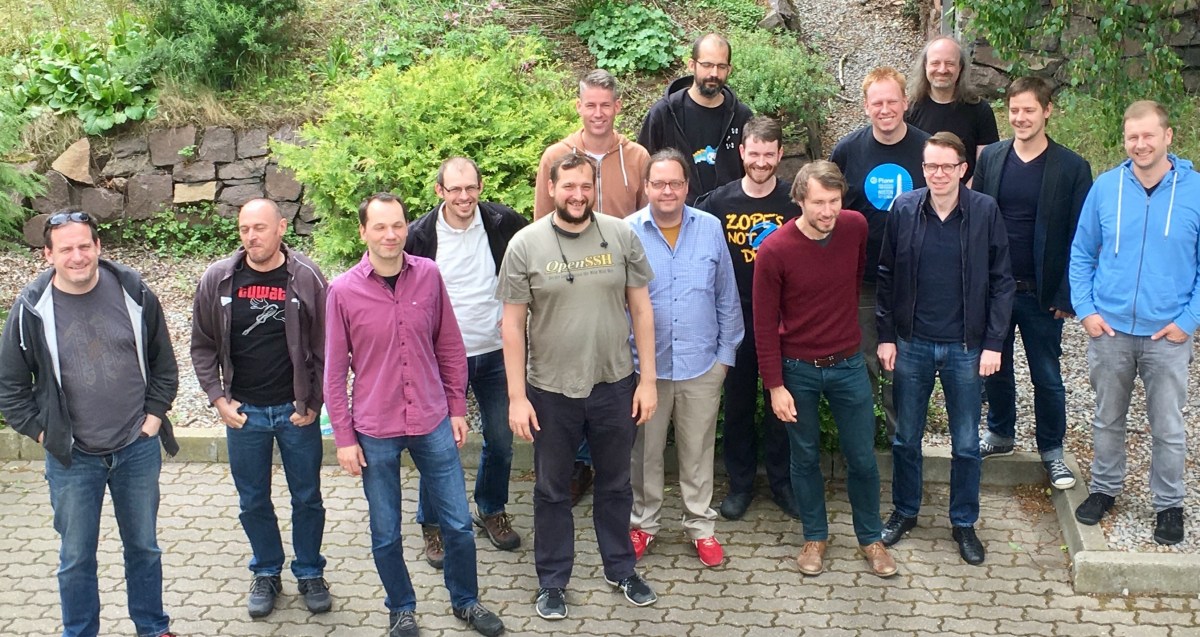After Earl Zope II is now nearly relocated to the Python 3 wonderland, gocept will move to a new head quarter in the next months. This is the right time to celebrate with a new sprint, as we have now even more space for sprinters. The new location is called the “Saltlabs”, a place for IT companies in Halle (Saale), Germany.
Sprint information
- Date: Monday, 1st until Friday, 5th of October 2018
- Location: Leipziger Str. 70, Halle (Saale), Germany
Sprint topics
This sprint has three main topics:
Create a final Zope 4 release
Before releasing a final version of Zope 4 we want to resolve about at least 40 issues: Some bugs have to be fixed, some functions have to be polished and documentation has to be written resp. reviewed. On the other hand there is the re-brush of the ZMI using Bootstrap which should be completed beforehand, as it modernizes the ZMI and allows for easier customisation, but might also be backwards incompatible with certain test suites. There is an Etherpad to write down ideas, tasks, wishes and work proposals, which are not currently covered by the issue tracker.
Port Plone to Python 3
The following tasks are currently open and can be fixed at the sprint:
- successfully run all Plone tests and even the robotframework tests on Python 3
- Zope 4 lost the WebDAV support: find resp. create a replacement
- document the WSGI setup and test it in a production ready environment
- port as many as possible add-ons to Python 3 (e.g. Mosaic and Easyform)
- work on the Migration of ZODB contents (
Data.fs) to Python 3
- improve the test setup with
tox.
- start to support Python 3.7
Polish Plone 5.2
The upcoming Plone 5.2 release will appreciate some love and care at the following items:
- new navigation with dropdown and better performance
- Barceloneta theme: ease the customisation and improve responsiveness
- parallelise the tests so they run faster
- remove Archetypes and other obsolete packages
See also the list of topics on plone.org for this sprint.
Organisational Remarks
In order to coordinate the participation for this sprint, we ask you to join us on Meetup. We can then coordinate the catering and requirements for space.
As this sprint will be running longer than usual (five days), it is also possible to join only for a part of the week. As October 3rd is the national holiday, we are trying to organise some social event for those who are interested in having a small break.
For a better overview, please indicate your participation also on this doodle poll.
51.479149311.9786814
